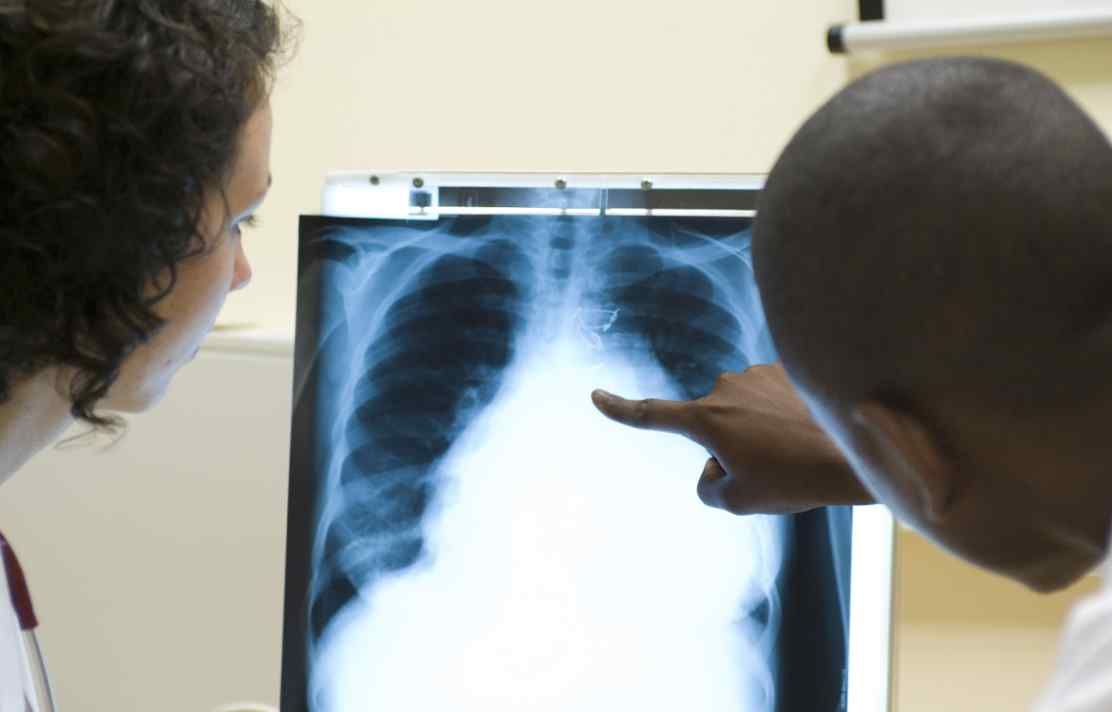BibTex format
@article{Jha:2021:10.1016/j.jaci.2020.07.012,
author = {Jha, A and Thwaites, RS and Tunstall, T and Kon, OM and Shattock, RJ and Hansel, TT and Openshaw, PJM},
doi = {10.1016/j.jaci.2020.07.012},
journal = {Journal of Allergy and Clinical Immunology},
pages = {694--703.e12},
title = {Increased nasal mucosal interferon and CCL13 response to a TLR7/8 agonist in asthma and allergic rhinitis.},
url = {http://dx.doi.org/10.1016/j.jaci.2020.07.012},
volume = {147},
year = {2021}
}
RIS format (EndNote, RefMan)
TY - JOUR
AB - BACKGROUND: Acute respiratory viral infections are a major cause of respiratory morbidity and mortality, especially in patients with preexisting lung diseases such as asthma. Toll-like receptors are critical in the early detection of viruses and in activating innate immunity in the respiratory mucosa, but there is no reliable and convenient method by which respiratory mucosal innate immune responses can be measured. OBJECTIVE: We sought to assess in vivo immune responses to an innate stimulus and compare responsiveness between healthy volunteers and volunteers with allergy. METHODS: We administered the Toll-like receptor 7/8 agonist resiquimod (R848; a synthetic analogue of single-stranded RNA) or saline by nasal spray to healthy participants without allergy (n = 12), those with allergic rhinitis (n = 12), or those with allergic rhinitis with asthma (n = 11). Immune mediators in blood and nasal fluid and mucosal gene expression were monitored over time. RESULTS: R848 was well tolerated and significantly induced IFN-α2a, IFN-γ, proinflammatory cytokines (TNF-α, IL-2, IL-12p70), and chemokines (CXCL10, C-C motif chemokine ligand [CCL]2, CCL3, CCL4, and CCL13) in nasal mucosal fluid, without causing systemic immune activation. Participants with allergic rhinitis or allergic rhinitis with asthma had increased IFN-α2a, CCL3, and CCL13 responses relative to healthy participants; those with asthma had increased induction of IFN-stimulated genes DExD/H-box helicase 58, MX dynamin-like GTPase 1, and IFN-induced protein with tetratricopeptide repeats 3. CONCLUSIONS: Responses to nasal delivery of R848 enables simple assessment of mucosal innate responsiveness, revealing that patients with allergic disorders have an increased nasal mucosal IFN and chemokine response to the viral RNA analogue R848. This highlights that dysregulated innate immune responses of the nasal mucosa in allergic individuals may be important in determining the
AU - Jha,A
AU - Thwaites,RS
AU - Tunstall,T
AU - Kon,OM
AU - Shattock,RJ
AU - Hansel,TT
AU - Openshaw,PJM
DO - 10.1016/j.jaci.2020.07.012
EP - 703
PY - 2021///
SN - 0091-6749
SP - 694
TI - Increased nasal mucosal interferon and CCL13 response to a TLR7/8 agonist in asthma and allergic rhinitis.
T2 - Journal of Allergy and Clinical Immunology
UR - http://dx.doi.org/10.1016/j.jaci.2020.07.012
UR - https://www.ncbi.nlm.nih.gov/pubmed/32717253
UR - https://www.sciencedirect.com/science/article/pii/S0091674920310319?via%3Dihub
UR - http://hdl.handle.net/10044/1/81326
VL - 147
ER -
